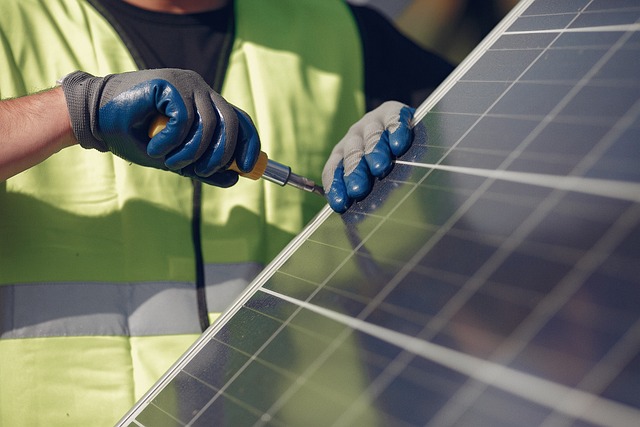Connecticut’s state government provides various programs aimed at enhancing the appeal of solar installations.
Since 2010, the state has implemented a sales tax exemption encompassing all renewable energy equipment, including solar, geothermal, and wind power.
This exemption effectively eliminates the 6.35% sales tax that would typically apply to the purchase of solar equipment.
To benefit from this tax exemption, homeowners must complete a form with the state’s Department of Revenue Services.
One prominent solar loan initiative in Connecticut is the Smart-E Loan, facilitated by the Connecticut Green Bank.
This program extends no-money-down, low-interest loans to residents for home energy projects such as solar panel installations.
The loans carry a maximum limit of $50,000 and are accessible to owner-occupied residential buildings featuring one to four units.
Connecticut Federal Solar Incentives and Tax Credits

In addition to Connecticut’s state-level programs, residents have the opportunity to avail themselves of the federal solar tax credit.
Referred to as the residential clean energy credit, this initiative covers up to 30% of the expenses associated with a solar installation carried out between the present time and 2032.
Subsequent installations in 2033 (26% credit) and 2034 (22% credit) receive reduced credits.
While the program primarily applies to solar installations, it also encompasses other technologies such as water heaters, wind turbines, geothermal heat pumps, fuel cells, and battery storage.
As a tax credit, it doesn’t provide a direct cash payment; instead, it serves to reduce the total amount of taxes owed by the beneficiary.
Net Metering in Connecticut
In Connecticut, the determination of net metering rates is overseen by the Public Utilities Regulatory Authority, offering two distinct avenues for participation in net metering.
Buy-All Incentive: Under this approach, customers choose to sell the entirety of their solar energy output to the utility, foregoing initial use for powering their home.
Subsequently, customers receive a payment from the utility for the solar energy, which can be received as a cash payment or applied to offset their utility bill.
The net metering rate for the Buy-All program in 2024 stands at $0.3189 per kWh.
Netting Incentive: This option adheres to the more traditional net metering method. Solar energy is first utilized to power the home, with any surplus being sold to the utility.
The value of the excess energy is then credited to the customer’s bill, offsetting future energy expenses.
The net metering rate for the Netting Incentive program in 2024 aligns with the existing retail rate.
